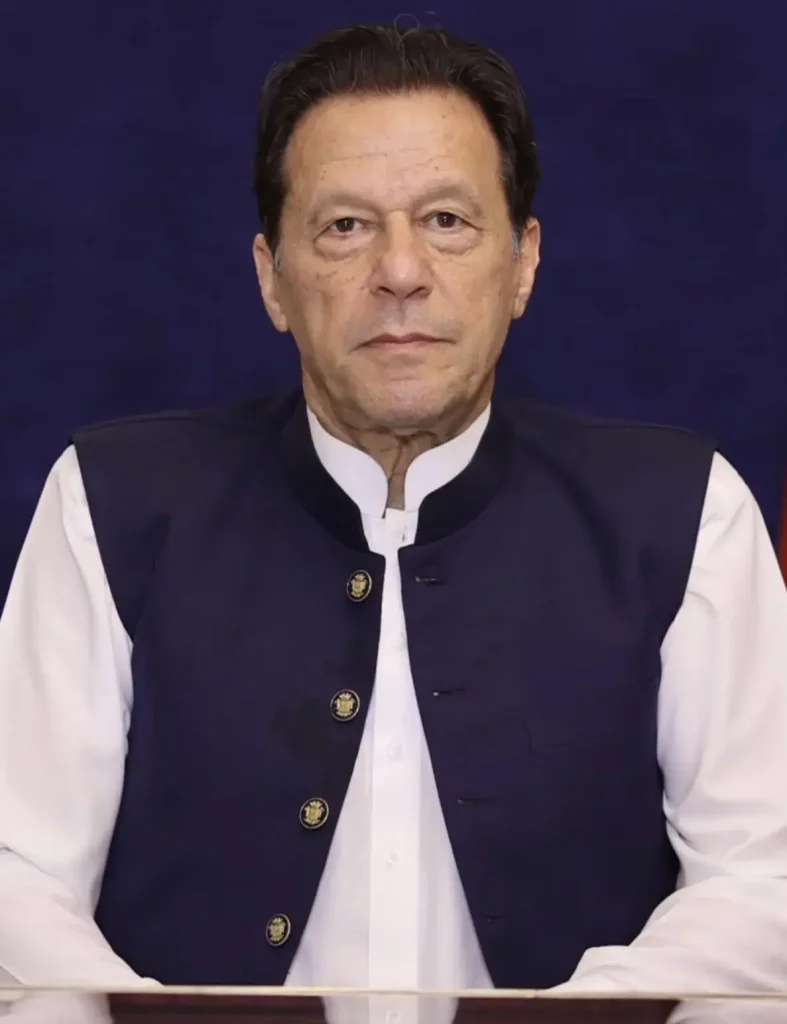Former Pakistani Prime Minister Imran Khan and his wife, Bushra Bibi, have been sentenced to prison terms of 14 and 7 years, respectively, following their conviction in a significant corruption case. The verdict was delivered by an anti-corruption court in Rawalpindi on January 17, 2025.

The National Accountability Bureau (NAB) initiated proceedings against Khan, Bushra Bibi, and six others in December 2023, alleging a misuse of £190 million (approximately PKR 50 billion). This sum was returned to Pakistan by the UK’s National Crime Agency as part of a settlement with real estate tycoon Malik Riaz. Instead of being deposited into the national treasury, the funds were purportedly redirected for personal gain, including the establishment of the Al-Qadir University in Jhelum, linked to the Al-Qadir Trust managed by Khan and his wife.
Judge Nasir Javed Rana presided over the proceedings, which took place in a makeshift courtroom within Rawalpindi’s Adiala Jail, where Khan has been detained since August 2023. The court found both Khan and Bushra Bibi guilty of accepting land as a gift from Malik Riaz in exchange for laundered money during Khan’s tenure as Prime Minister. Consequently, Khan received a 14-year prison sentence, while Bushra Bibi was sentenced to 7 years.
Imran Khan has consistently denied any wrongdoing, asserting that the charges are politically motivated attempts to sideline him and his political party, Pakistan Tehreek-e-Insaf (PTI). Despite previous convictions on various charges, including corruption and revealing official secrets, Khan’s legal team has successfully appealed several verdicts. However, he remains incarcerated due to ongoing cases.
The sentencing of a former Prime Minister and his spouse marks a significant moment in Pakistan’s ongoing battle against corruption. It underscores the judiciary’s commitment to holding public figures accountable, regardless of their political stature. However, the PTI and its supporters view the verdicts as part of a broader strategy to suppress political opposition.
This development occurs amid a backdrop of political instability in Pakistan. The appointment of Judge Yahya Afridi as Chief Justice of the Supreme Court, bypassing more senior judges, has sparked controversy and is expected to deepen the existing political crisis. The PTI boycotted the parliamentary committee meeting that recommended Afridi’s appointment, further highlighting the nation’s polarized political climate.


